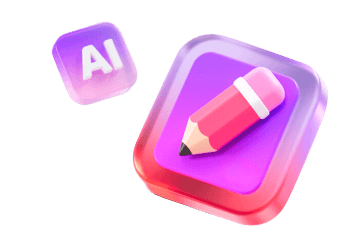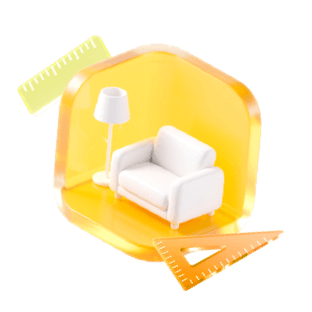Enhancing your design presentations with SketchUp Model 8 using V-Ray can elevate them to impressive new levels. Regardless of whether you are a veteran designer or a newcomer, grasping the rendering process is vital for creating high-quality visuals. This guide comprehensively outlines the crucial steps to achieve exceptional outcomes with your projects.
Step 1: Preparing Your SketchUp Model
Prior to engaging with V-Ray, it's important to ensure that your SketchUp model is well-structured and tidy. Here are some valuable tips:
Step 2: Installing V-Ray for SketchUp
If V-Ray isn’t already part of your toolkit, follow these steps to install it:
Step 3: Configuring V-Ray Settings
Once V-Ray is successfully added to SketchUp, you can begin configuring your rendering preferences:
Step 4: Incorporating Materials and Textures
Materials significantly affect the outcome of your render, so it's crucial to focus on the details:
Step 5: Organizing Lighting
Effective lighting is essential for any rendering project:
Step 6: Rendering Your Model
After your settings have been established, it’s the perfect moment to initiate the rendering process:
Step 7: Post-Processing and Final Adjustments
Following the rendering phase, utilize post-processing software to enhance your image:
Conclusion
By adhering to these detailed steps, you can adeptly render your SketchUp Model 8 using V-Ray. With consistent practice, you will generate stunning visuals that not only captivate clients but also enrich your portfolio. If you're seeking an intuitive way to design, consider leveraging Homestyler for your future projects.
FAQ
Q: What are the most effective methods to accelerate V-Ray rendering? A: To optimize rendering speed, lower the image resolution, adjust quality settings, and confirm your model's optimization.
Q: Is it possible to use V-Ray materials on models imported from other sources? A: Absolutely, V-Ray materials can be applied to any imported model within SketchUp.
Welcome to the leading home design software.



























































